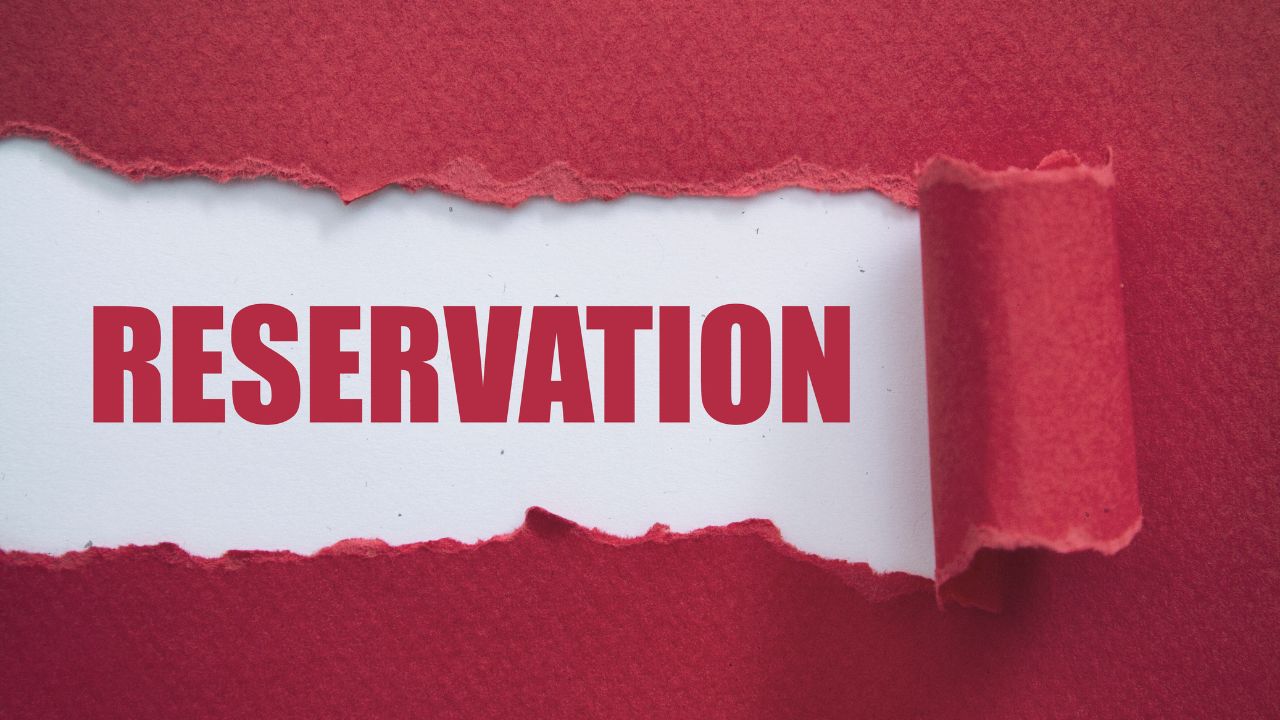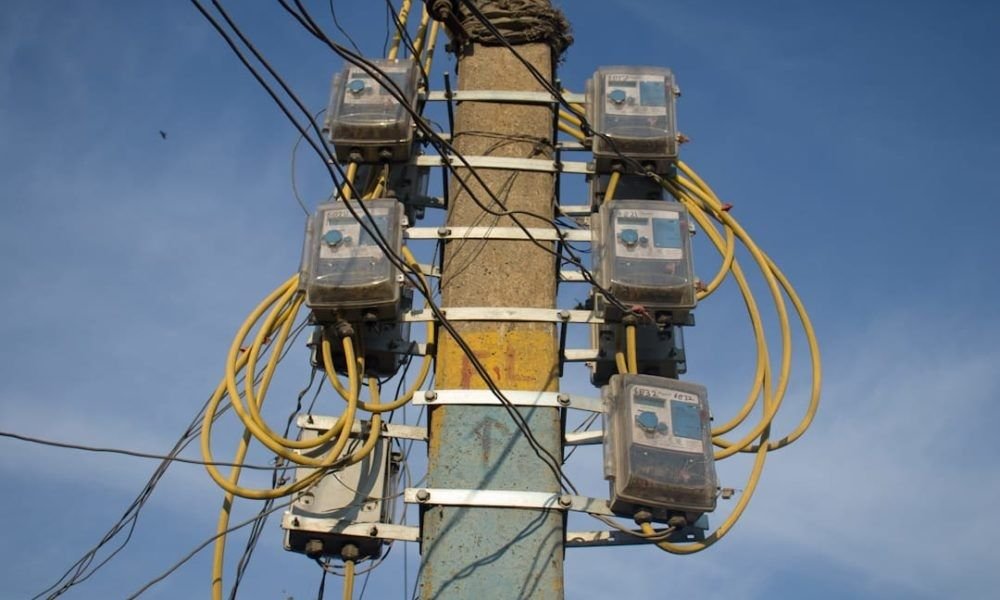The Jammu and Kashmir government has taken a significant step toward addressing concerns about its Reservation Policies in Jammu and Kashmir. Recently, the administration approved the formation of a three-member cabinet subcommittee tasked with reviewing grievances related to the current reservation rules in the union territory. This decision was formalized through an order issued by the General Administration Department.
Key Members of the Ministerial Panel for Reservation Policies in Jammu and Kashmir
The cabinet subcommittee comprises three distinguished members:
- Sakina Masood Itoo
- Satish Sharma
- Javed Rana
These ministers are entrusted with the responsibility of thoroughly examining the reservation policy and submitting their findings to the council of ministers, led by Chief Minister Omar Abdullah.
Objective of the Subcommittee
Chief Minister Omar Abdullah emphasized the importance of addressing the concerns of all stakeholders. Last month, he announced the decision to create the subcommittee, stating that its purpose is to engage with various groups to take a holistic approach to the reservation issue.
“There is a growing discourse about reservations in the union territory. While some youth from the open category feel deprived of their rights, others benefiting from the existing reservation system fear losing their privileges. This subcommittee aims to balance these concerns,” said the Chief Minister.
The Rising Debate on Reservation Policies in Jammu and Kashmir
Reservation Policies in Jammu and Kashmir have been a contentious issue, especially in recent years. The Central government’s decision to expand the reserved category and increase quotas has sparked widespread debate. Over the last five years, several communities have been added to the reservation framework, leading to heightened concerns among certain groups.
One of the major points of contention is the Centre’s move to push the reservation quota to 70% in Jammu and Kashmir. This significant increase has faced opposition from various quarters.
Recent Changes in Reservation Categories
Among the latest developments in the reservation policy are:
- Introduction of a 10% reservation for the Pahari community and other tribes.
- Increase in the OBC (Other Backward Classes) quota to 8%.
These changes aim to address historical inequalities but have also led to objections from groups who feel excluded or marginalized under the revised framework.
Read also: Rise of Drug and Alcohol Addiction in Jammu & Kashmir : Shocking Facts & Figures
Implications for Youth and Employment
The reservation issue is particularly sensitive as it directly impacts employment opportunities in government jobs. Many young individuals, especially those from the open category, feel that their chances of securing government positions are dwindling due to the expanding reservation quotas.
On the other hand, communities benefiting from reservations fear losing their established advantages if changes are made to the current policies. The formation of the cabinet subcommittee reflects the government’s intent to navigate these complex dynamics and find a balanced solution.
What Lies Ahead?
The subcommittee’s findings and recommendations will play a crucial role in shaping the future of reservation policies in Jammu and Kashmir. By engaging with stakeholders and adopting a comprehensive approach, the panel aims to address grievances while maintaining social equity.
The government’s decision to form this panel underscores its commitment to ensuring fairness and inclusivity in its reservation policies. As the subcommittee delves into this sensitive issue, all eyes will be on its report, which is expected to guide future policy decisions in the union territory.
The reservation debate in Jammu and Kashmir is a reflection of the broader challenges of balancing social justice and meritocracy. With the formation of the ministerial panel, the government has taken a proactive step toward resolving these concerns. As stakeholders await the subcommittee’s report, the hope is that a fair and equitable resolution will emerge, fostering harmony and inclusivity across the region.
















